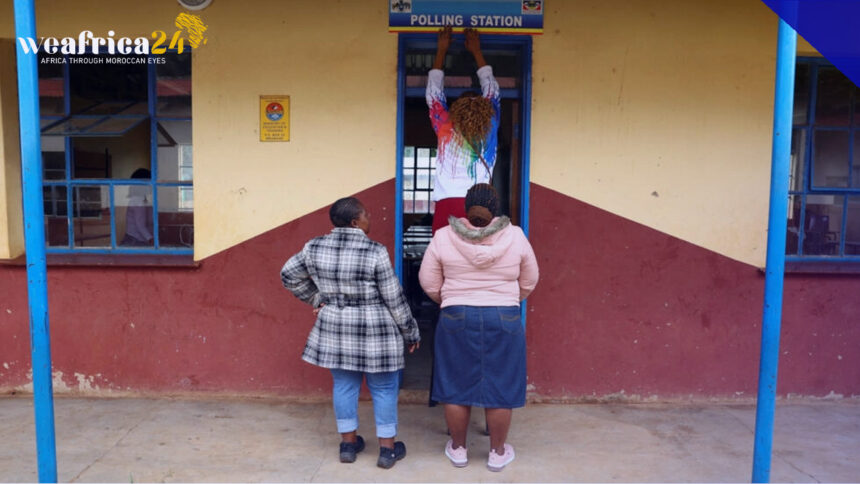Legislative elections are set to take place this Friday in Eswatini, the last remaining absolute monarchy in Africa, formerly known as Swaziland. Approximately 585,000 registered voters will cast their ballots to elect 59 members of parliament. However, it is essential to note that political parties are not allowed to participate in the elections, and the parliament holds merely an advisory role.
This electoral event is unlikely to bring about any substantial change. King Mswati III holds absolute authority over all matters. He possesses the power to approve or veto all legislative proposals, rendering the parliament’s role purely consultative.
Furthermore, candidates are not permitted to represent political parties. They were selected during primary elections held last month, with most of them aligning themselves with the king. Only a handful of candidates are notably affiliated with opposition groups. One of the primary opposition organizations, Pudemo, has officially been banned by authorities and labeled a terrorist organization.
The country has been under the firm rule of King Mswati III for the past 37 years. As an omnipotent monarch, he retains the authority to dissolve the parliament and government, appoint or dismiss judges, and command the police and military.
In recent years, the kingdom has witnessed pro-democracy demonstrations that were brutally suppressed by the authorities.
A few months ago, prominent opposition figure and lawyer Thulani Maseko was fatally shot in his home. Hours before the incident, the king had remarked that “his opponents should not complain about mercenaries killing them,” accusing these opponents of instigating violence.







